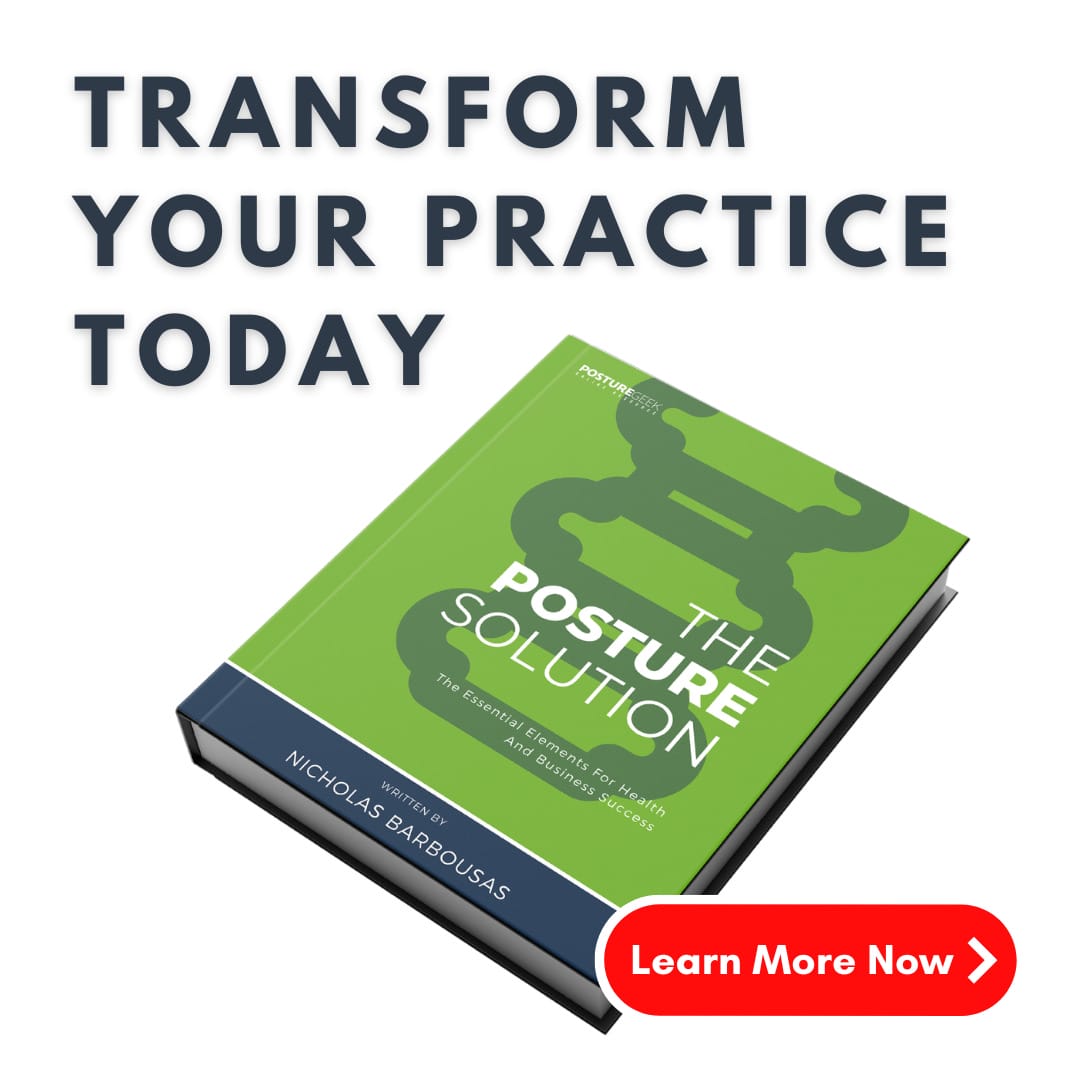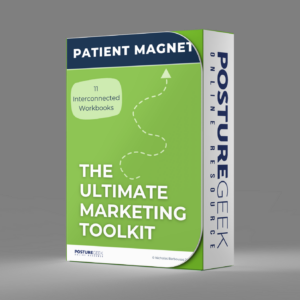Unlocking the Power of Posture: Key Insights for Enhanced Health and Business Success

If you’re a healthcare professional, you likely recognize the importance of good posture. From supporting vital organ function to reducing chronic pain, how we carry ourselves plays a crucial role in our overall well-being. But what you need to realize the power of posture to enhance the success of your healthcare practice. This article dives into the fascinating intersection of posture and practice success.
Why is Posture Essential in Healthcare?
Aligning the Body: Posture and Physical Health
Posture isn’t just about standing tall; it’s about aligning the body to function optimally. Poor posture can lead to many health issues, such as back pain, digestive problems, and even mental health concerns, such as anxiety and depression. By focusing on posture, healthcare professionals can offer solutions that address the root cause of these issues rather than just treating the symptoms.
The importance of good posture in healthcare cannot be overstated. It forms the foundation for an individual’s physical health, influences the functioning of bodily systems, and can dramatically affect a person’s quality of life.
Supporting the Body: The Role of Posture
Firstly, posture is integral to our physical well-being. It’s the framework that supports our body, allowing us to move efficiently and perform daily activities without strain or discomfort. Good posture ensures proper alignment of the bones and joints, which reduces wear and tear of the joints and decreases the risk of conditions like arthritis.
Facilitating Vital Functions: Posture and Organ Health
Posture also plays a critical role in the functioning of our vital organs. Proper posture facilitates effective breathing and circulation, allowing the lungs to expand fully and the heart to pump blood efficiently. In contrast, poor posture can impede these processes, leading to a variety of health issues, including digestive problems and even cardiovascular disease.
The Mind-Body Connection: Posture and Mental Health
Beyond the physical implications, posture can significantly impact mental health. The physical discomfort and chronic pain associated with poor posture can contribute to conditions such as anxiety and depression. Conversely, maintaining good posture can boost mood, enhance confidence, and foster a positive self-image.
Enhancing Patient Outcomes: A Posture-Focused Approach
Furthermore, from a healthcare professional’s perspective, integrating a posture-focused approach can lead to improved patient outcomes. By identifying and treating postural imbalances, healthcare providers can address the root cause of many physical conditions rather than merely managing symptoms. This holistic approach can improve health outcomes, patient satisfaction and lead to a more successful practice.
The Benefits of a Posture-Focused Approach
Adopting a posture-focused approach in your healthcare practice can lead to several benefits. For instance, it can:
- Increase client satisfaction: Posture-focused treatments often provide holistic benefits that improve overall well-being, leading to happier and more satisfied clients.
- Improve patient outcomes: By addressing the underlying postural issues, patients can see long-term improvements in their health.
- Differentiate your practice: A posture-focused approach sets you apart from other healthcare practices, giving you a unique selling point that can attract more clients.
- Enhances Reputation: Incorporating a posture-focused approach can improve your professional reputation by showcasing your commitment to holistic care.
- Boosts Revenue: By offering specialized posture-focused treatments, you could attract a broader client base and potentially increase your practice’s revenue.

Implementing a Posture-Focused Approach
Incorporating a posture-focused approach in your practice doesn’t have to be complicated. Here are a few key steps:
- Identify your target audience: Understand who would benefit most from posture-focused treatments. This could be individuals with chronic pain, athletes, office workers, and so on.
- Tailor your program: Develop specialized programs that meet your target audience’s needs. You could develop posture therapy services, corrective exercises, stretches, and ergonomic advice.
- Educate your clients: Create educational materials to help clients understand the importance of good posture and how to maintain it in their daily lives.
Measuring Success

The proof, as they say, is in the pudding. Measuring the success of your posture-focused program is crucial. Key metrics could include:
- Increased client numbers.
- Improved patient health outcomes.
- Higher client satisfaction ratings.
- A revenue growth.
Finally
In conclusion, a posture-focused approach to healthcare not only brings substantial benefits to your client’s health but can also be a game-changer in enhancing the success of your practice. By understanding and implementing the power of posture in your practice, you can provide a unique, holistic, and highly beneficial service to your clients.
You may be interested In
-

The Posture Solution: The Essential Element for Health and Business Success
$39.99Original price was: $39.99.$8.99Current price is: $8.99.
PLEASE NOTE
PostureGeek.com does not provide medical advice. This information is for educational purposes only and is not intended to be a substitute for professional medical attention. The information provided should not replace the advice and expertise of an accredited health care provider. Any inquiry into your care and any potential impact on your health and wellbeing should be directed to your health care provider. All information is for educational purposes only and is not intended to be a substitute for professional medical care or treatment.



